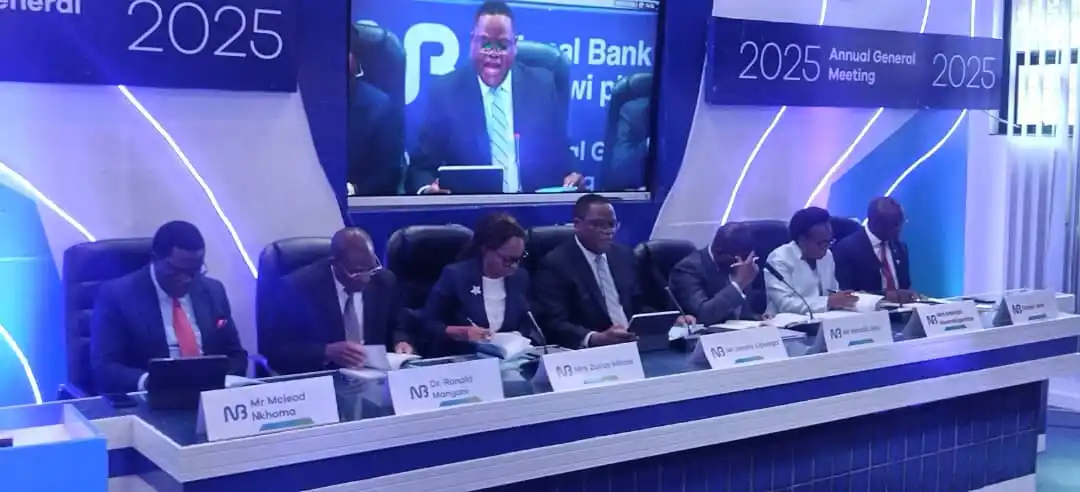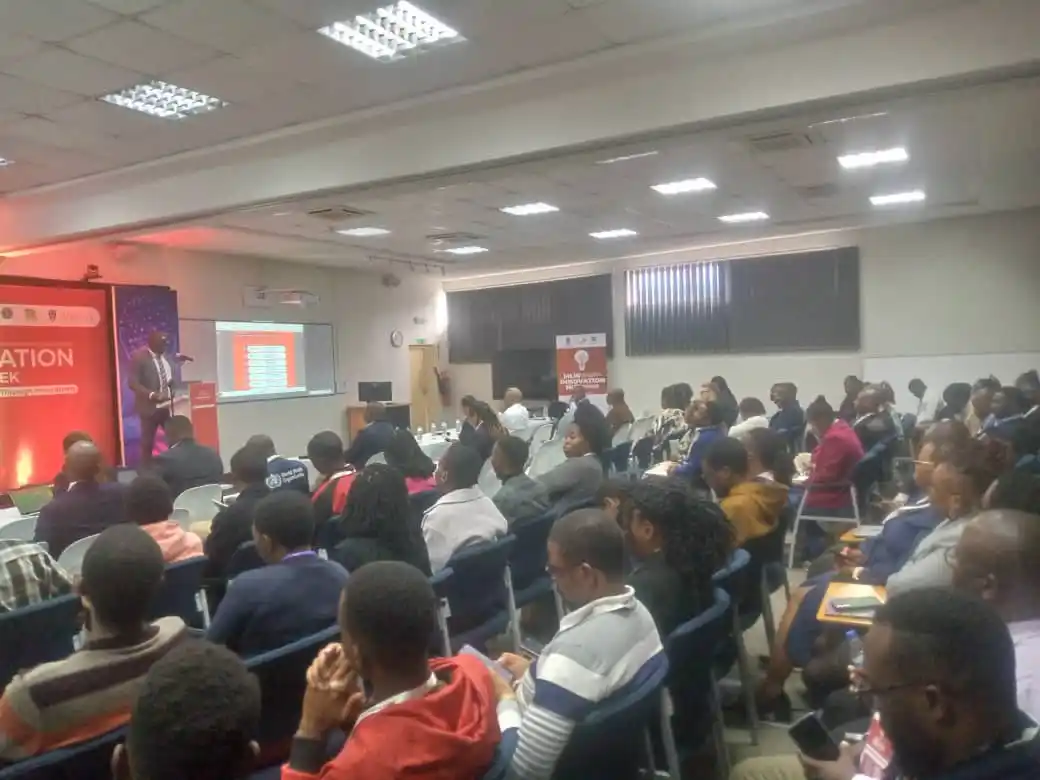
Minister of Labour, Vitumbiko Mumba, has taken decisive action against Plastimax Company in Lilongwe by ordering a seven-day suspension of its operations due to serious violations of Malawi’s Occupational Safety, Health, and Welfare.
Act and the Employment Act.
The decision follows an inspection that exposed multiple breaches, including unsafe working conditions, exploitation of workers, and failure to adhere to labour laws.
One of the most alarming findings from the inspection was the company’s failure to provide workers with protective gear despite operating in an extremely hazardous environment.
Employees at Plastimax work with dangerous machines, handle chemicals, and are exposed to dusty conditions that pose serious health risks.
The absence of safety equipment increases the likelihood of workplace accidents, long-term health complications, and potential fatalities.
According to Malawi’s Occupational Safety, Health, and Welfare Act, employers are legally required to ensure that workers operate in a safe environment and are provided with the necessary protective gear.
The Ministry of Labour has now directed Plastimax to rectify these shortcomings within a week or risk an indefinite suspension.
In addition to the safety concerns, the inspection also revealed shocking labour law violations regarding wages and employment terms.
The company was found to be engaging workers on temporary contracts and paying them wages below the legally mandated minimum wage.
Some employees were reportedly earning as little as MK2,000.00 per day, far below the acceptable wage standards set by the government.
Furthermore, workers at Plastimax disclosed that they were subjected to over 10 hours of work per day without receiving any overtime pay.
This blatant disregard for labour rights contradicts the Employment Act, which mandates fair compensation for overtime work.
The Ministry has ordered the company to immediately adjust its pay structures and employment contracts to comply with Malawian labour laws.
Another critical issue that emerged from the inspection was the company’s reliance on expatriate management, the majority of whom are Pakistani nationals.
The Ministry of Labour has now demanded proof of their work permits and evidence that Plastimax failed to find suitable Malawian professionals before seeking expatriate labour.
This directive aligns with Malawi’s policy of prioritizing local talent in employment opportunities unless it is proven that specific expertise is unavailable within the country.
Failure to provide the required documentation could lead to further legal consequences for Plastimax, including potential deportation or revocation of the company’s operating license.
The suspension of Plastimax’s operations sends a strong message that the government will not tolerate labour exploitation and unsafe working conditions in Malawi. Minister Vitumbiko Mumba’s firm action demonstrates the Ministry’s commitment to upholding workers’ rights, enforcing labour laws, and ensuring that foreign investors comply with national regulations.
The Labour Ministry has emphasized that should the company fail to implement the necessary changes within seven days; the suspension will remain in place until full compliance is achieved.
This move is expected to serve as a warning to other companies operating in Malawi, urging them to adhere to labour and safety standards or face similar penalties.
For the workers at Plastimax, this intervention offers hope for better working conditions and fair wages.
Many employees have long suffered in silence, fearing retaliation if they spoke out against their employers.
However, with the Ministry of Labour stepping in, there is optimism that their grievances will be addressed and that they will finally receive the protection and fair treatment they deserve.
As the seven-day deadline approaches, all eyes will be on Plastimax to see whether it will take the necessary corrective measures or face an indefinite shutdown.
The government, labour unions and the public will be monitoring the situation closely to ensure justice is served and that Malawi’s workforce is treated with dignity and respect.








0 Comments